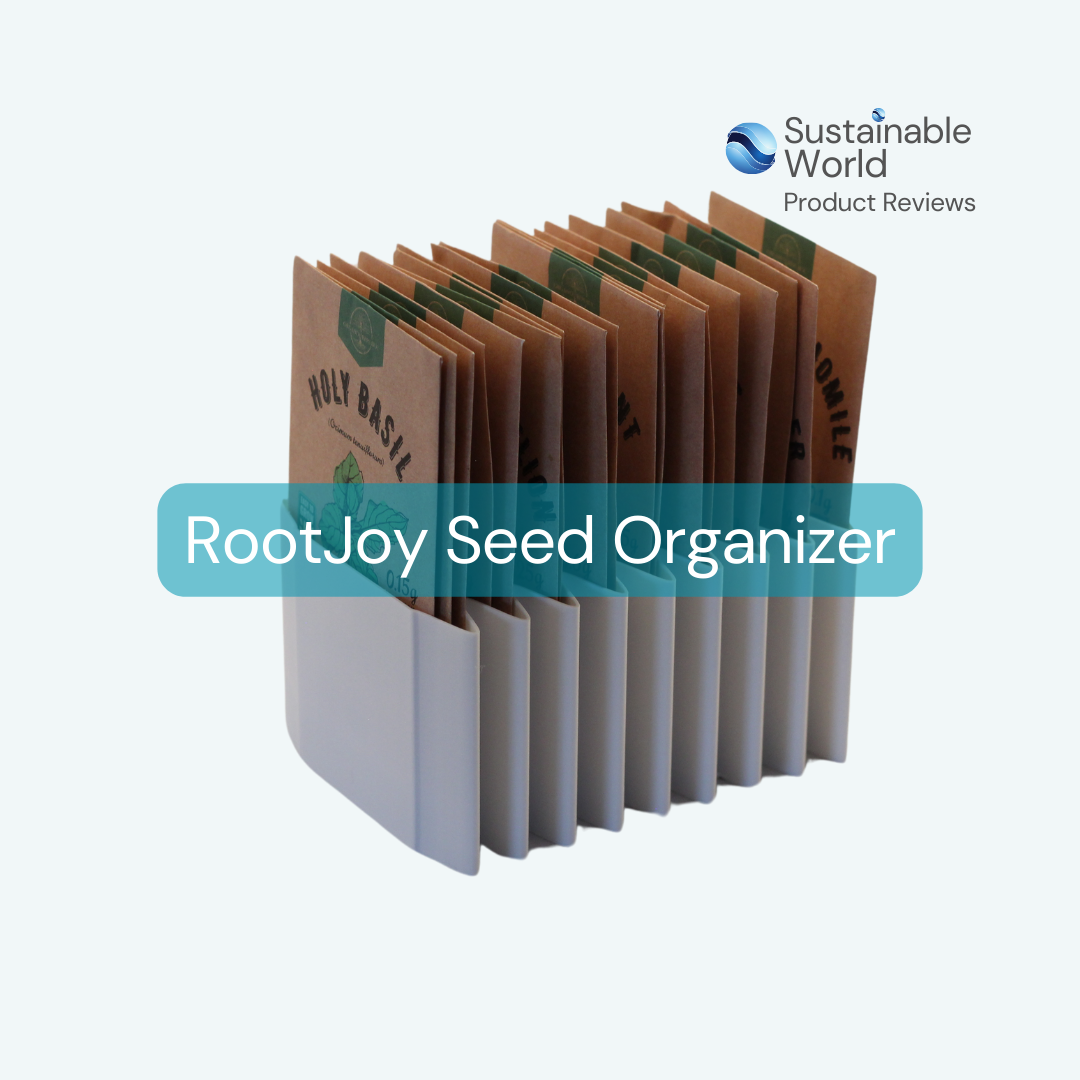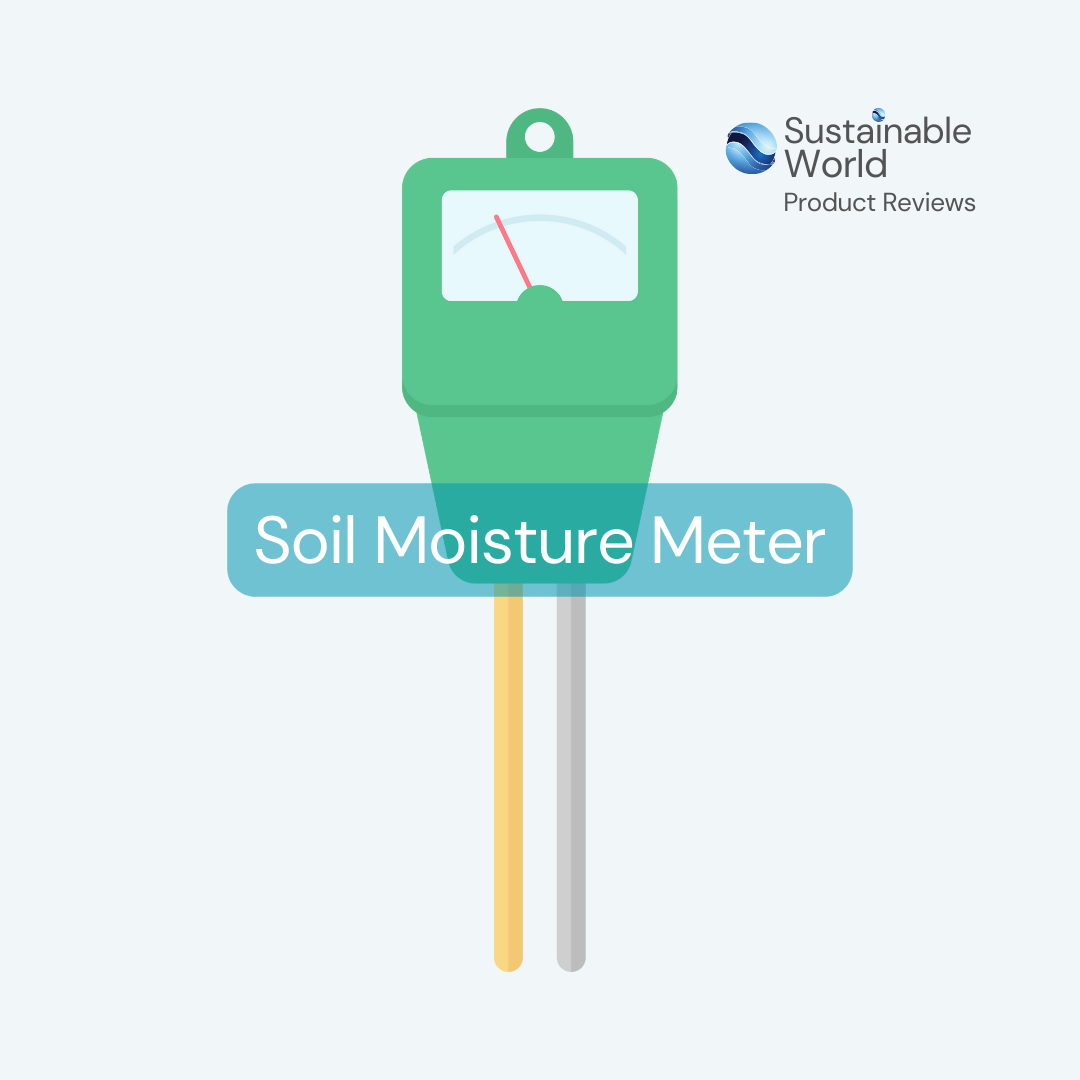Global Sustainability Goals (GSGs) represent a collective commitment to addressing the most pressing environmental, social, and economic challenges of our time. These goals provide a framework for individuals, businesses, and governments to work together toward a sustainable and equitable future.
1. What Are Global Sustainability Goals?
- Definition: A set of universally recognized objectives aimed at promoting sustainable development worldwide.
- Key Framework: The United Nations’ 17 Sustainable Development Goals (SDGs), established in 2015, serve as the blueprint for achieving sustainability by 2030.
- Purpose: Address critical issues such as poverty, inequality, climate change, environmental degradation, peace, and justice.
2. Core Principles of Global Sustainability Goals
- Interconnection: Recognize that economic growth, social well-being, and environmental health are interdependent.
- Equity: Prioritize inclusivity and justice, ensuring no one is left behind.
- Accountability: Emphasize transparency, measurable progress, and shared responsibility among stakeholders.
3. Key Areas of Focus
- Climate Action: Combat climate change through mitigation and adaptation strategies.
- Clean Energy: Promote affordable, reliable, and renewable energy solutions for all.
- Sustainable Cities: Enhance urban infrastructure to be resilient, efficient, and eco-friendly.
- Responsible Consumption and Production: Reduce waste, improve resource efficiency, and encourage sustainable lifestyles.
- Biodiversity Protection: Safeguard ecosystems, protect endangered species, and restore degraded lands.
4. Why Are Global Sustainability Goals Important?
- Environmental Preservation: Mitigate climate change impacts and conserve natural resources for future generations.
- Economic Growth: Foster innovation, create green jobs, and promote sustainable industries.
- Social Equity: Reduce disparities in wealth, access to education, healthcare, and basic human rights.
- Global Collaboration: Encourage partnerships and knowledge-sharing across nations to solve shared challenges.
5. Examples of Progress Toward Global Sustainability Goals
- Renewable Energy Expansion: Significant investments in wind and solar energy have led to record-breaking clean energy adoption.
- Waste Reduction Initiatives: Circular economy models are being embraced by businesses to minimize waste and maximize resource reuse.
- Education Access: Programs like UNESCO’s Global Education Coalition improve access to quality education in underserved regions.
6. Challenges in Achieving Global Sustainability Goals
- Resource Gaps: Developing countries often face financial and technological barriers.
- Policy Shortcomings: Misaligned regulations and lack of enforcement can hinder progress.
- Public Awareness: Limited understanding or engagement in sustainability efforts delays meaningful change.
7. How Can You Contribute to Global Sustainability Goals?
- Educate Yourself: Learn about the SDGs and how they align with your values.
- Make Conscious Choices: Support sustainable brands, reduce your carbon footprint, and minimize waste.
- Advocate for Change: Vote for leaders and policies that prioritize sustainability.
- Join Movements: Participate in local and global initiatives that align with GSGs, such as tree planting or climate advocacy.
Call to Action: Be a Part of the Global Sustainability Movement
The journey toward achieving Global Sustainability Goals requires collective action and individual responsibility. Start small by incorporating sustainable practices into your daily life, and expand your efforts to advocate for systemic change. Visit Sustainable World to explore resources, tools, and guides that empower you to contribute to this shared vision. Together, we can create a healthier, more equitable, and sustainable planet for all.
Join Us on the Journey
Dive deeper into each aspect of sustainability with our resources and guides. Together, we can create a sustainable future for all.


















